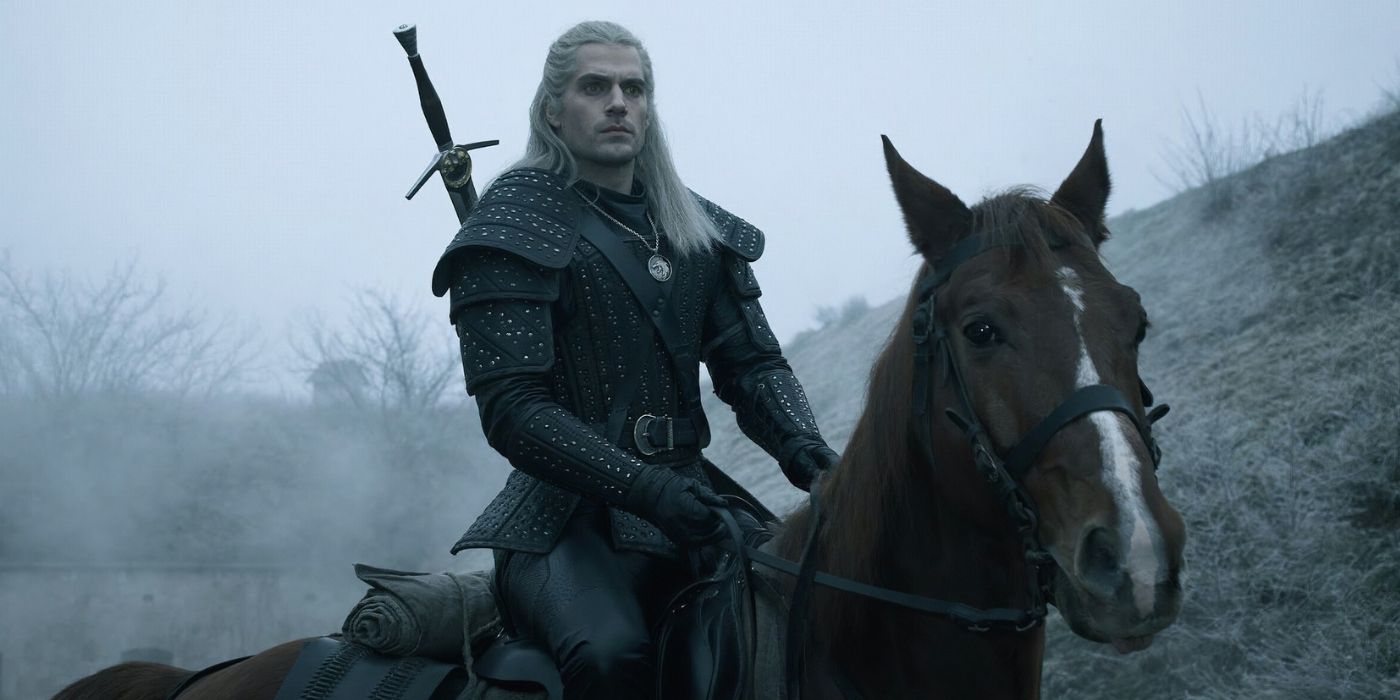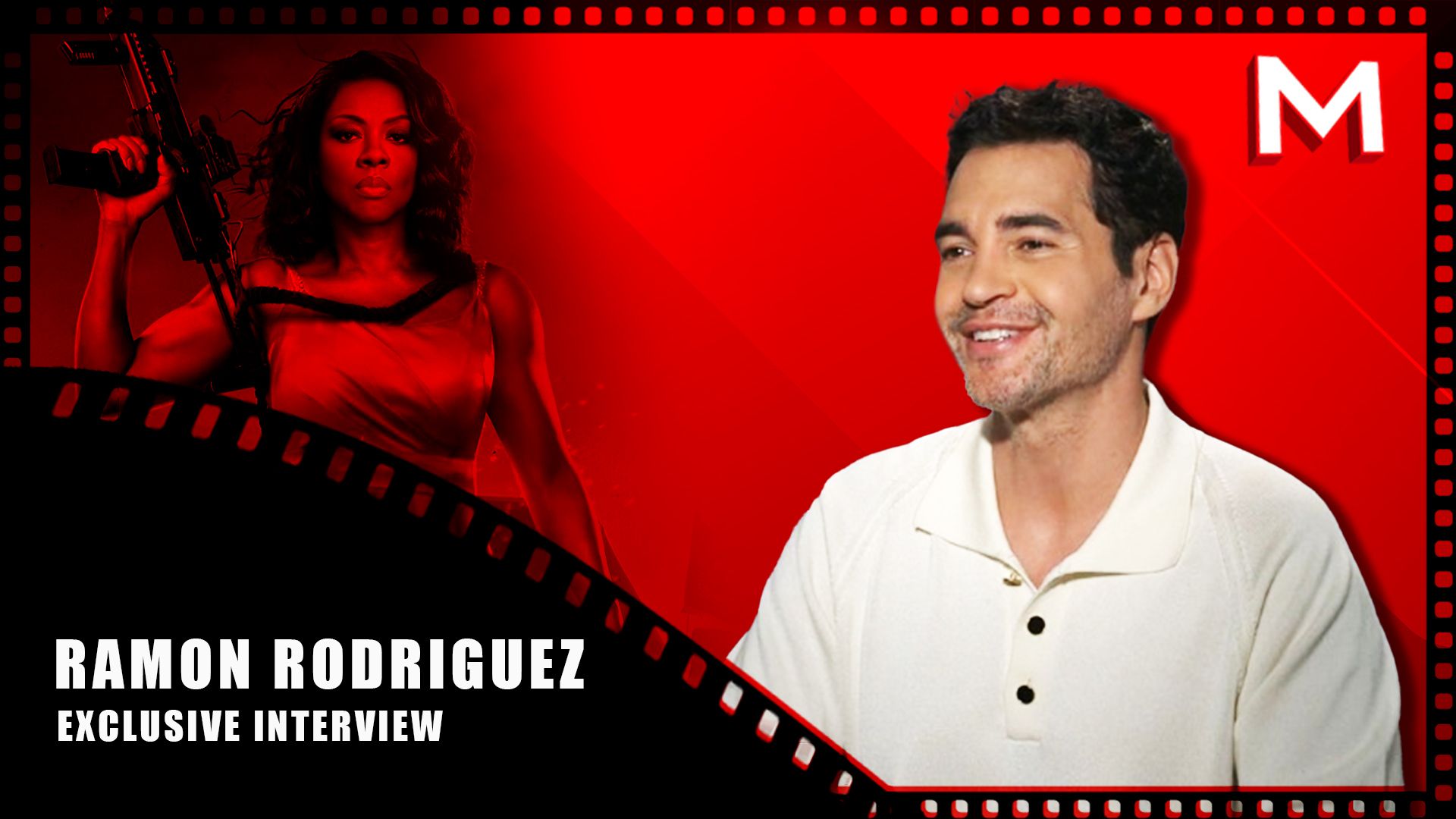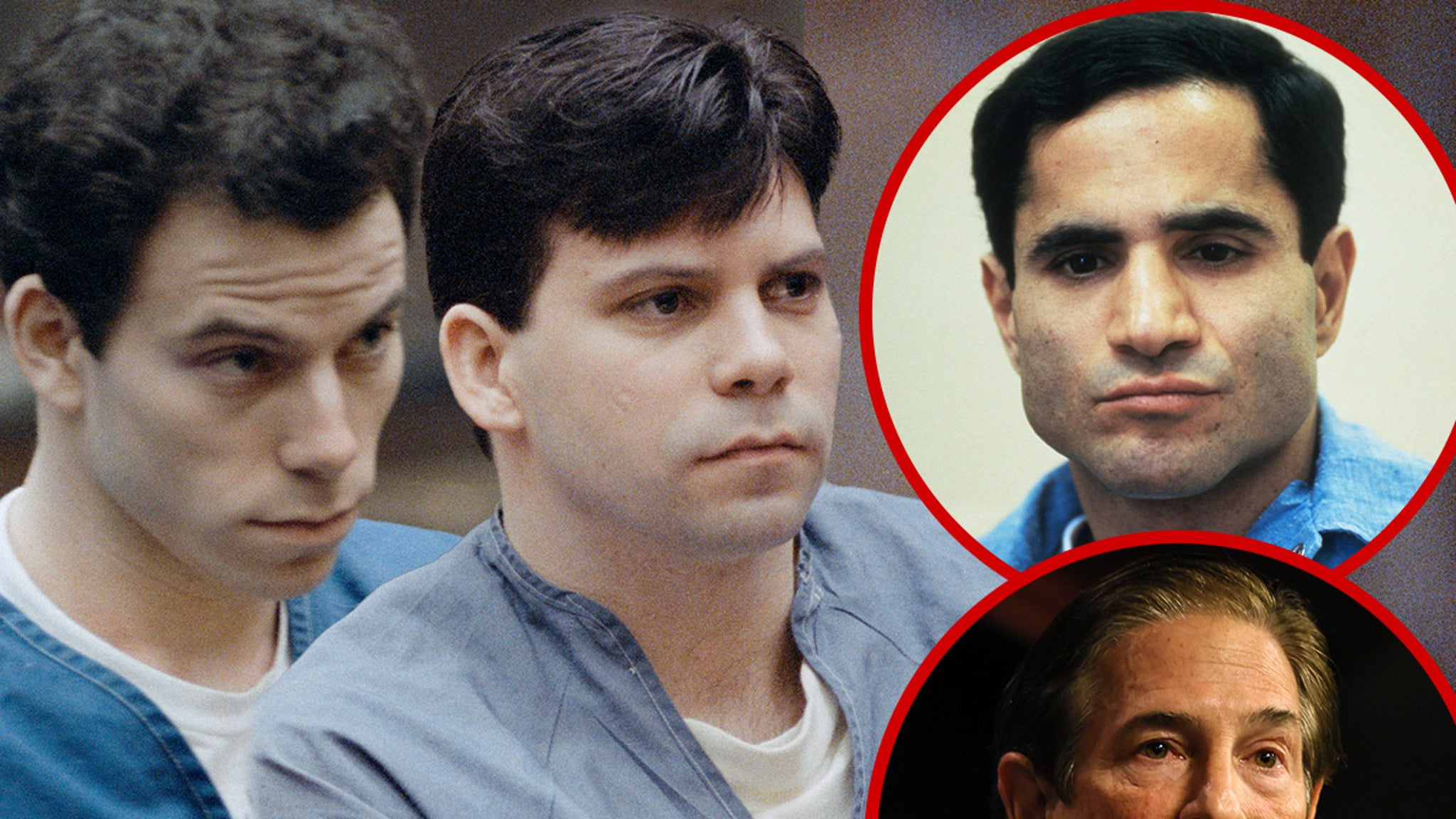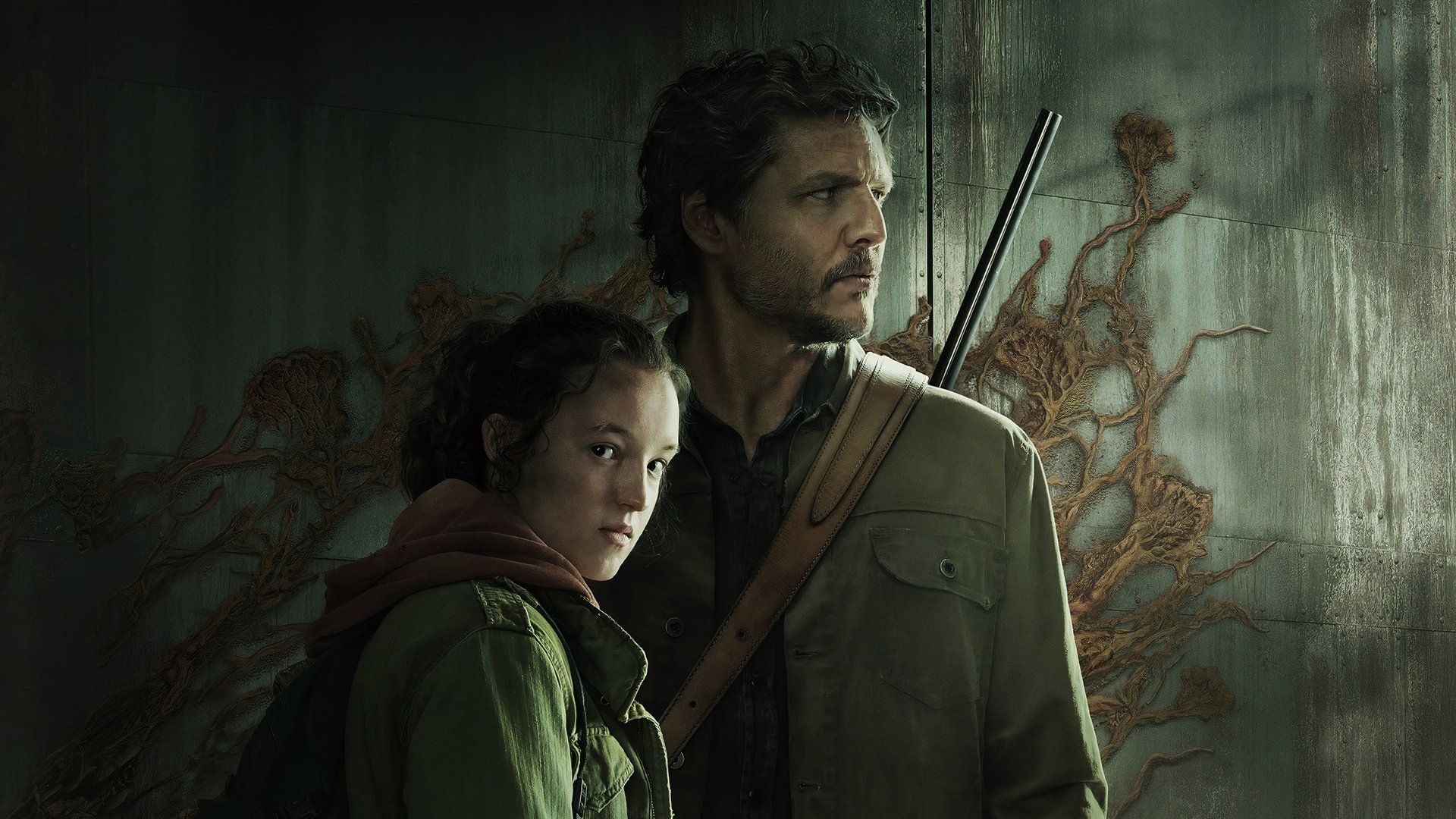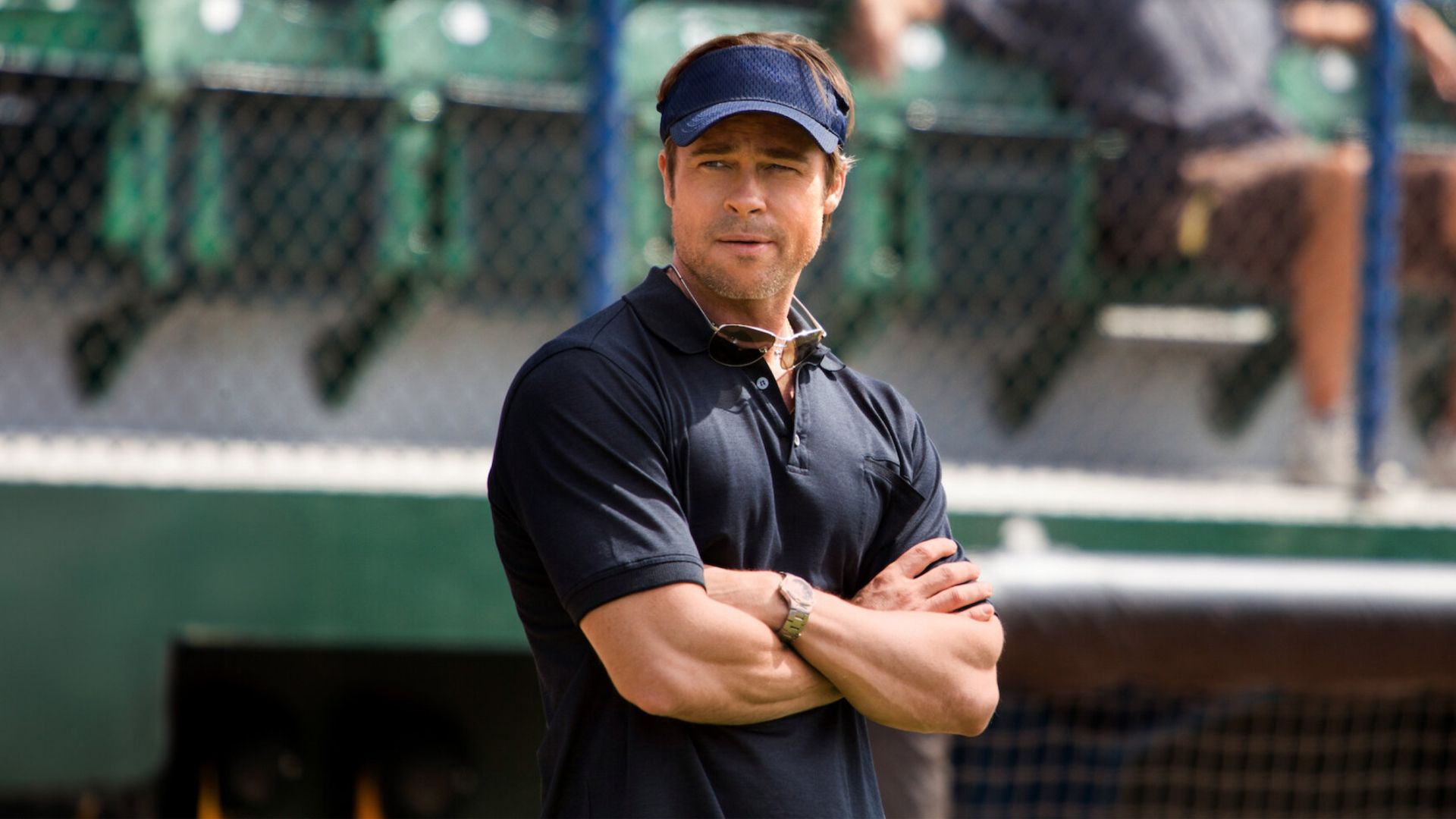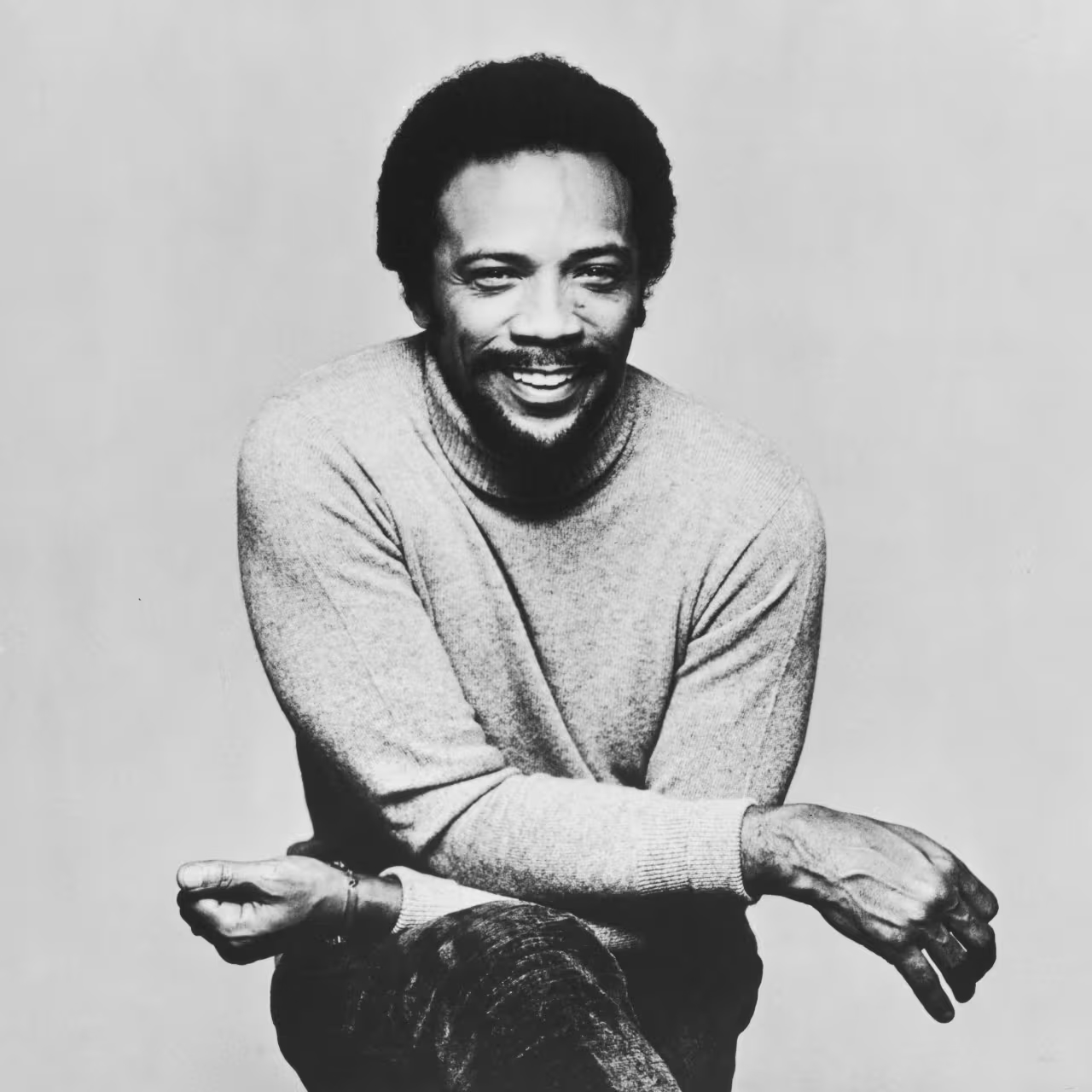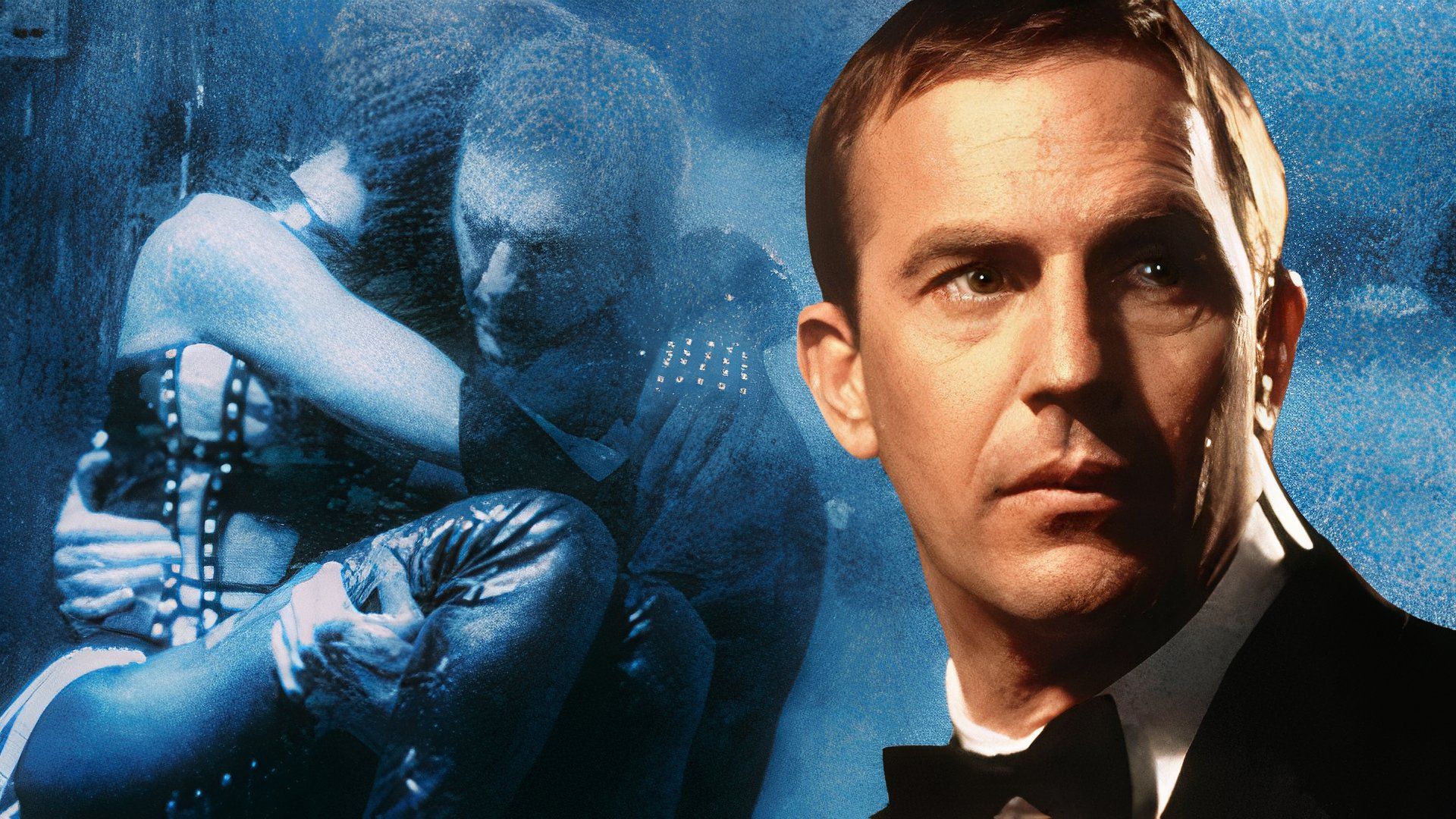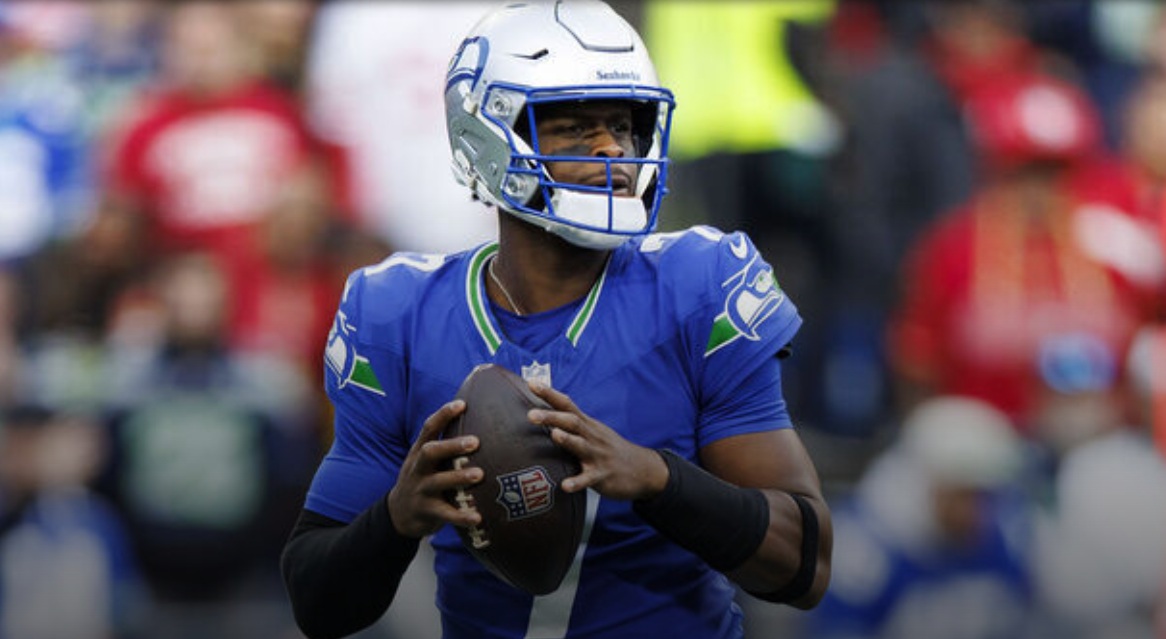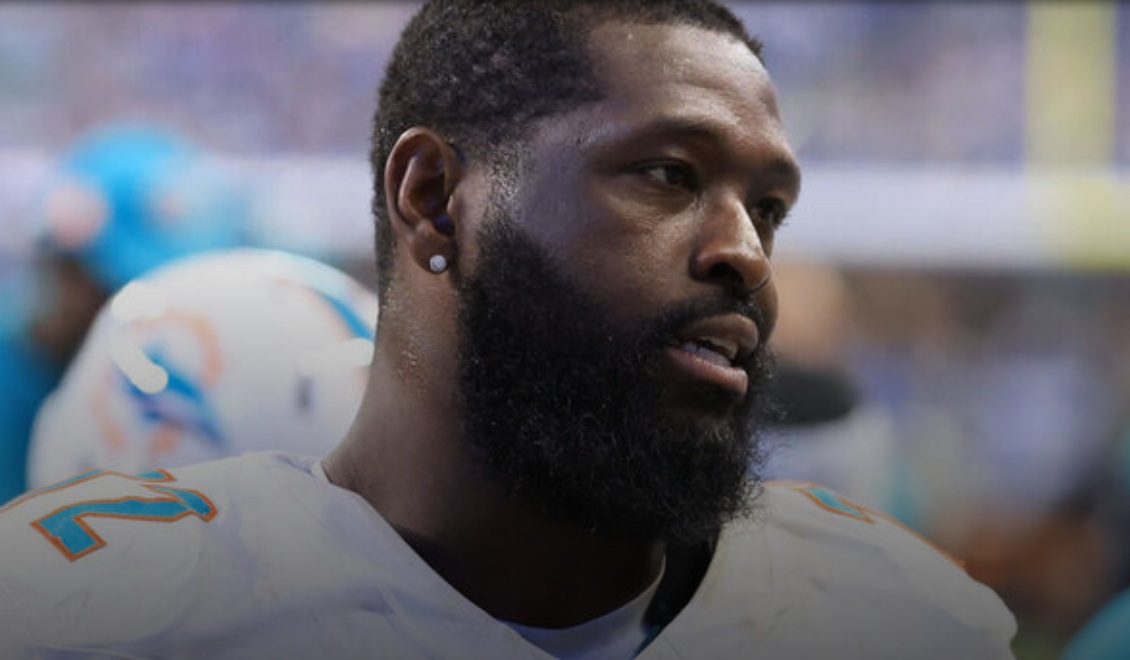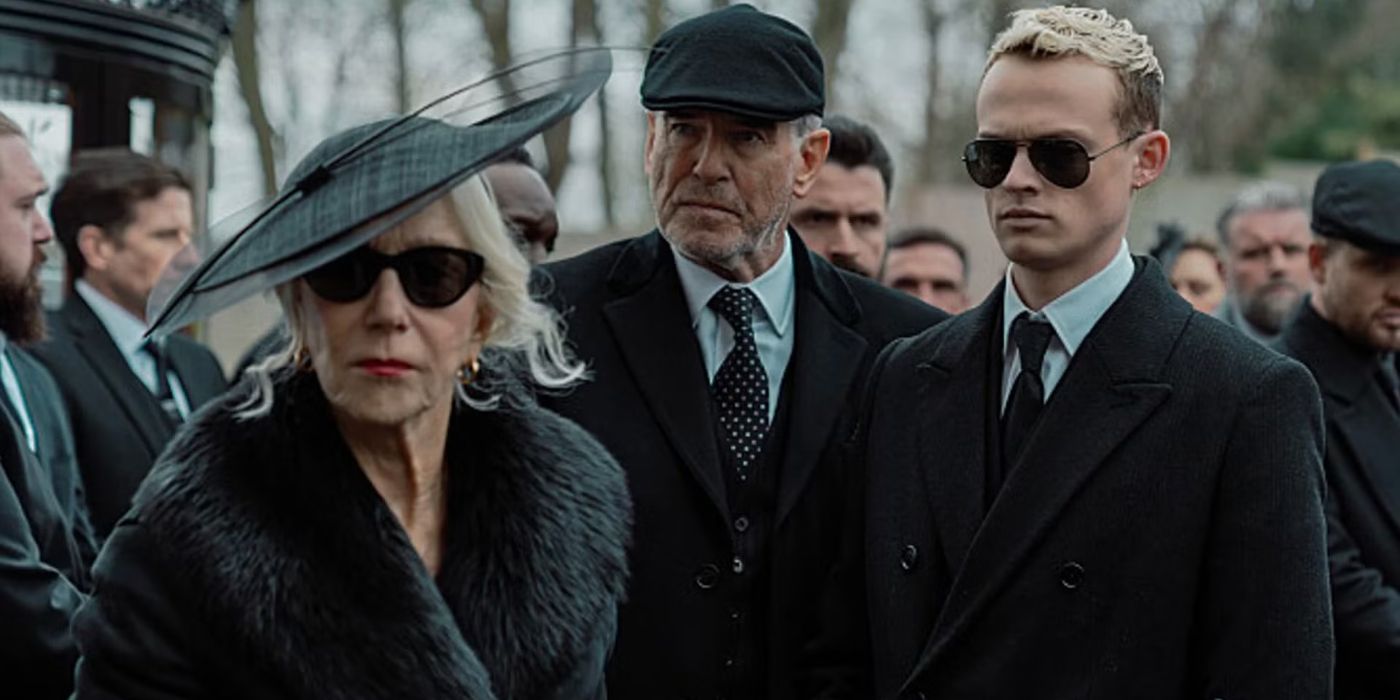What follows is a bit of a thriller, a bit of a moral outlook on the issue of colonization from the perspective of the colonizer. Blake soon finds herself alone on a home planet that feels anything but welcoming, tossed into a water-themed riff on the “Mad Max” movies. The survivors, as they’re dubbed, really live up to their name through their burlap and rags costumes, muddy faces, and unkempt hair. Blake makes an uneasy alliance with a young survivor named Maila (Bella Bading) and her mother, Narvik (Sarah-Sofie Boussnina), but there’s a bigger group of survivors pillaging smaller groups like Maila’s and aligning itself with the power-to-be in the hopes of reaping their rewards. With them come secrets and a dastardly plan not just to recolonize earth but the planet’s human resources.
The screenplay from Fehlbaum and Mariko Minoguchi—with extra writing credits to Jo Rogers and Tim Trachte—can get bogged down in some of the sci-fi jargon or cross-cultural misunderstandings (between the Keplers and the survivors, who developed their own language after the well-heeled society took English with them). But the story moves at a reasonable pace, lunging forward through duller moments to get to its next reveal or action sequence before too long. True to its namesake, “The Colony” ponders the ethical implications of a dominant group becoming the rulers over a people they see as inferior. Blake embodies that shift from someone who was taught to think of “the good of the many,” defaulting to the will of the state, to someone thinking for themselves and reaching a difficult, if more humane, conclusion.
Further complicating the movie’s emotions is this dueling push-and-pull of Blake’s brushes with motherhood and the memories of her father. The story gets sometimes obsessively fixated on her ability to procreate, later explained by her generation’s loss of its ability to do so, and while motherhood analogies are not new to sci-fi, this one seems to leave her responses on a surface-level. She’s uneasy when handed her first baby and later takes on a maternal role for Maila when trying to rescue her from captors. But by the movie’s end, it’s unclear if motherhood is something she wants or something the colony wanted for her. Blake’s father (Sebastian Roché), who was among those lost in the first exploration, looms large in her mind, and she’s forced to reconcile with his teachings in the face of its implications.
You can view the original article HERE.


